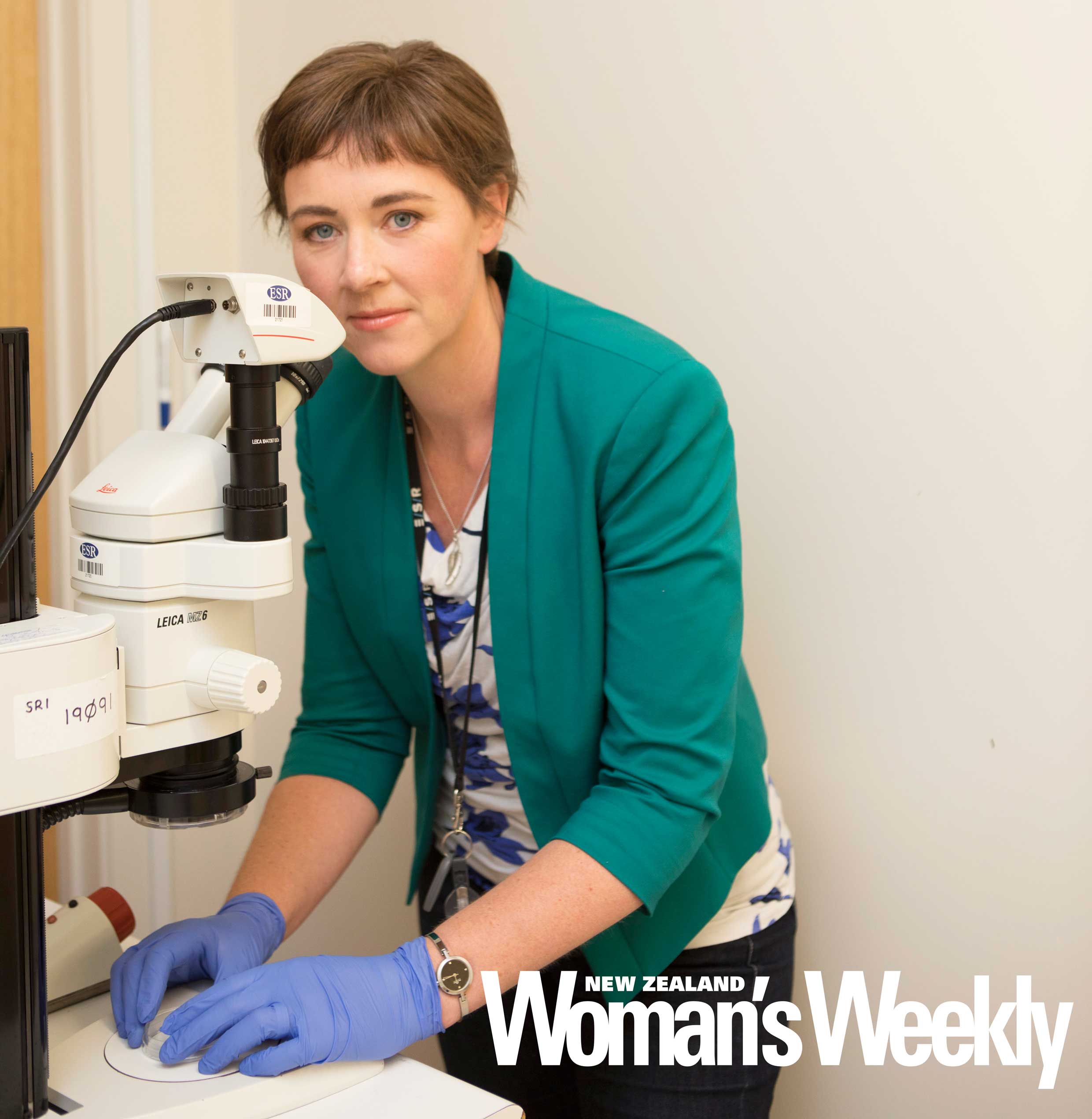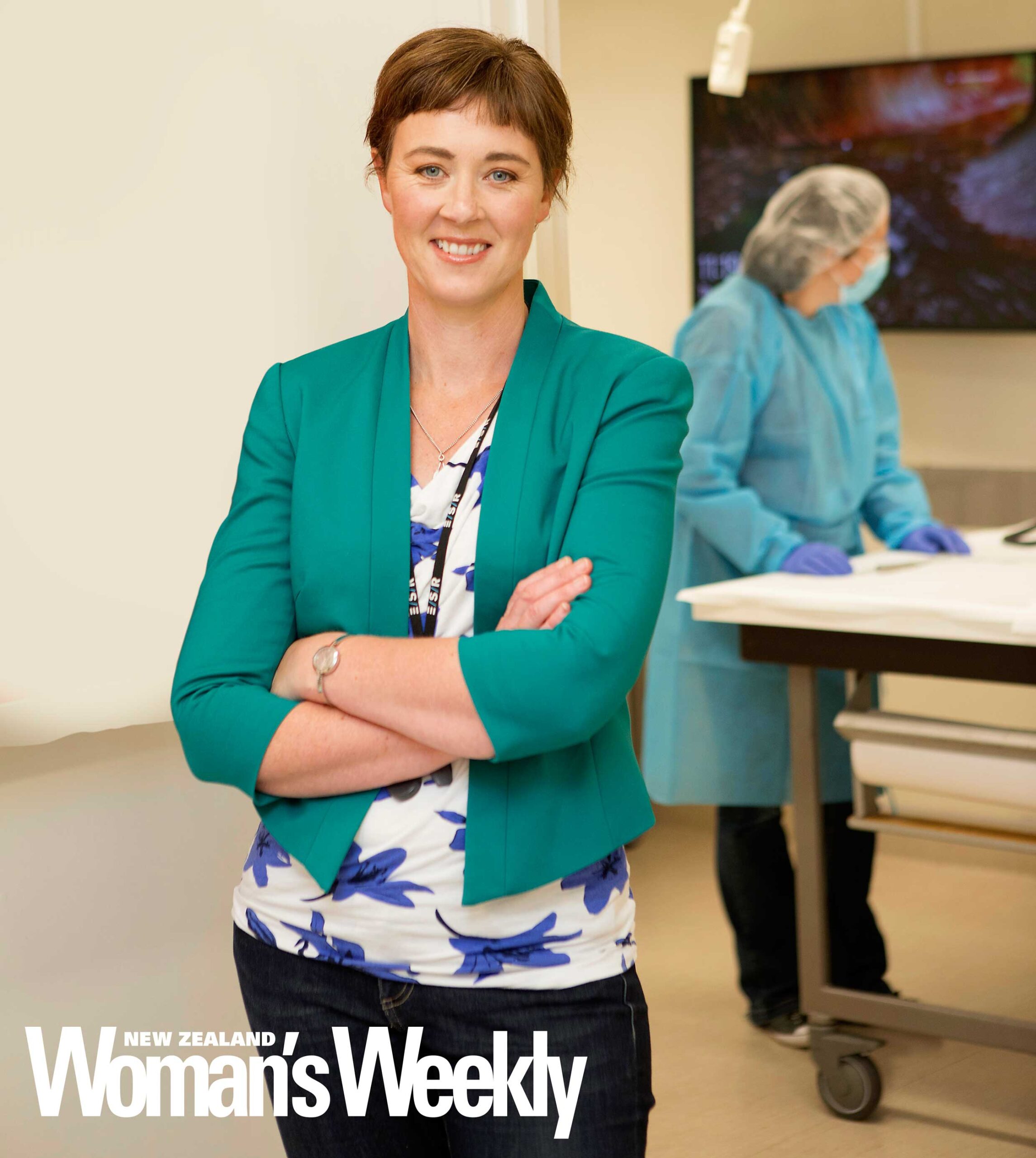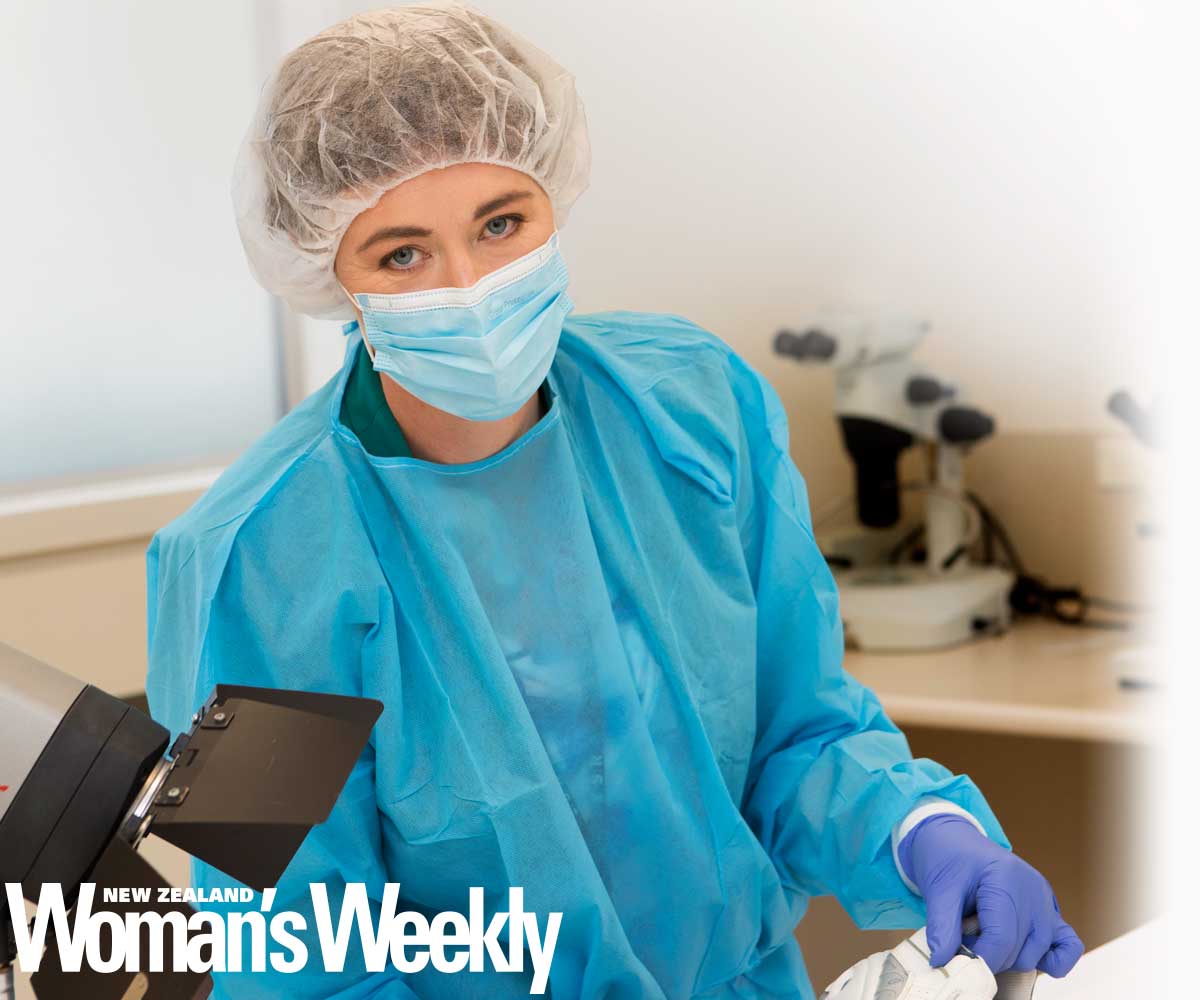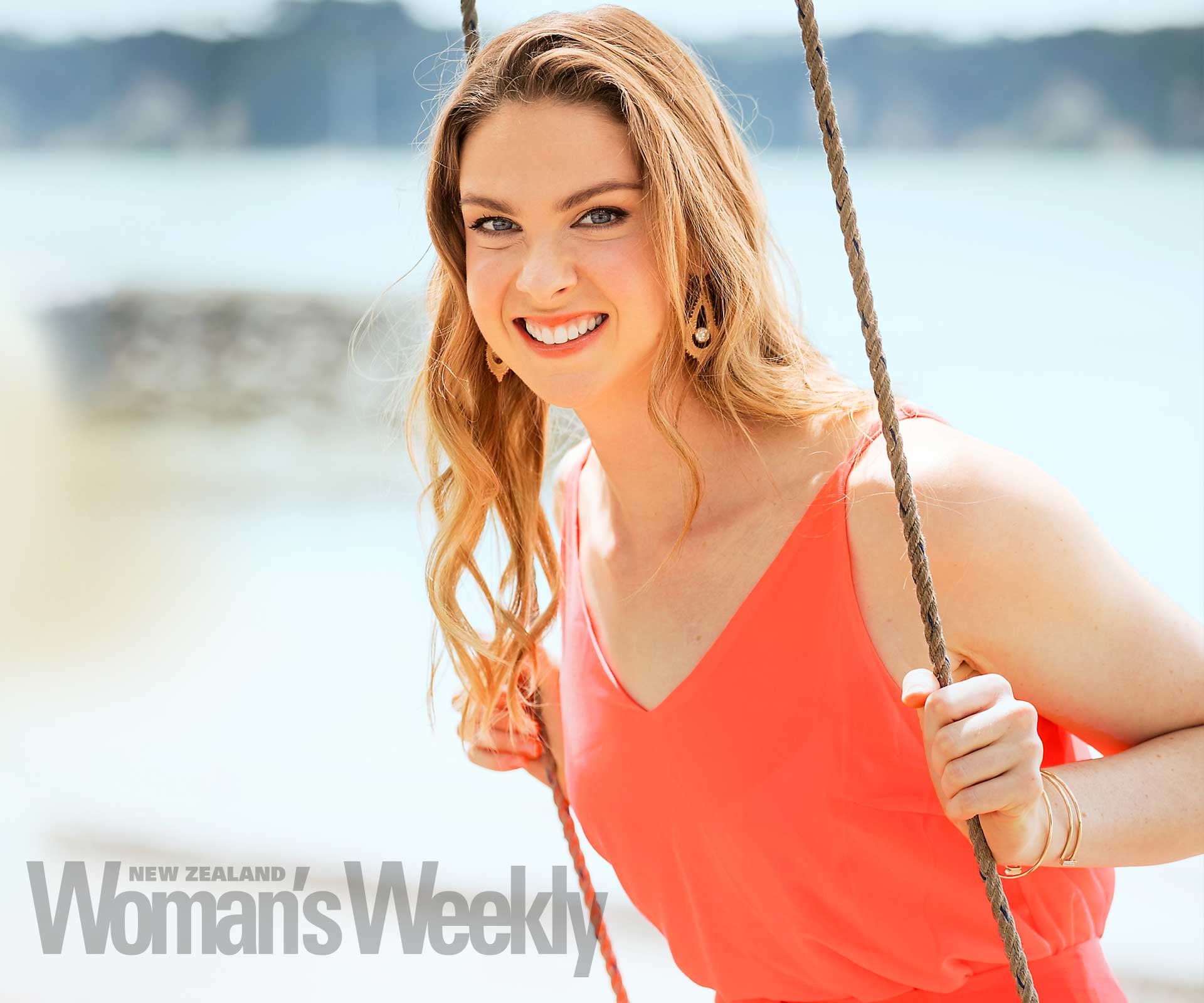Rosalyn Rough (40) is a senior forensic scientist based in Christchurch
“I always thought I was going to be a vet because I had such a great love and interest for animals. But throughout the process of not getting into vet school straightaway and doing some work experience, I decided I could just have animals for fun and not work with them.
It was during that time in the late 1990s I actually read a magazine article in a doctor’s waiting room about a forensic scientist, and that inspired me to see that science could be used in a different way to help solve crimes, and answer questions about what happened and solve problems.
At school, you didn’t get a lot of opportunities to hear about other jobs apart from mainstream ones. I’d never heard of a forensic scientist – and this was all before the TV show CSI was popular!
So, I got a science degree under my belt and then got into the masters programme of forensic science, which was very competitive!

To do this job, you have to have the ability to switch off. I am very good at turning my work person off when I leave work. I walk out the door and don’t think about it too much, which isn’t easy for everyone to do and can have its problems because it means I have to write lists to remember what to do each day.
Having other interests outside of work and a good life balance is important. It can also be very high stakes. A high priority case, for example, could involve someone who has already been killed, and the person is still out in the public and may potentially do more harm. You work hard to find something to identify who the suspect is so police can get them in custody away from the public. Those cases don’t happen often, though.
Day to day, I am a case manager and somewhat of a generalist in my role. I know the different types of evidence and what use they can be. We have specialised skills in crime scene reconstruction, shoe print comparisons, blood stain pattern analysis, fabric damage and looking at different types of hair.
Since we are based in Christchurch, we cover all cases across the South Island and no day is the same! I could spend all day reading case circumstances at my desk or writing reports, or some days I’ll be busy in the lab analysing shoe prints. I like the variety.
Does science always provide the answer? A lot of cases are still solved by good old-fashioned police work. But certainly fingerprints and DNA are very good at identifying who people are, so if you leave your DNA behind through bleeding or touching an object, there is a good chance we will identify you. Not all cases are about who did it, though, sometimes it’s about asking what happened.

My husband would say the TV show CSI has made my job seem cooler, but you do spend a lot of time explaining that forensic science isn’t really like that. The one thing out of CSI that I wish was real is when the bag that has the thing or tool you want is always right at the top! Everything on the show is often very convenient.
In real life, there’s a lot more people involved, things take more time and the answers aren’t so definite. And we don’t have these amazing databases that can tell you who that motorbike tyre belongs to.
We also say there is a thing called “the CSI effect”, when juries in court expect there to be evidence of everything. It’s important to realise absence of evidence is not evidence of absence. Just because a person’s fingerprints aren’t there doesn’t mean they weren’t there. They could have wiped the area down or worn gloves.
I really admire the people who work in emergency services. They have it a lot harder than we do because we get warning about what we will see at a scene and what to expect.
When I first started, I was pretty young. I was 22 and you don’t really have a whole lot of life experience at that age. So just being able to grasp the depth of harm people can do to each other took me a while to be able to handle.
I’m probably a bit cynical now as well, but I’m still here doing this job for the same reason I started – because we can offer answers and help to families and victims.”
Forensics NZ screens on Sundays at 8.30pm on Prime TV.


